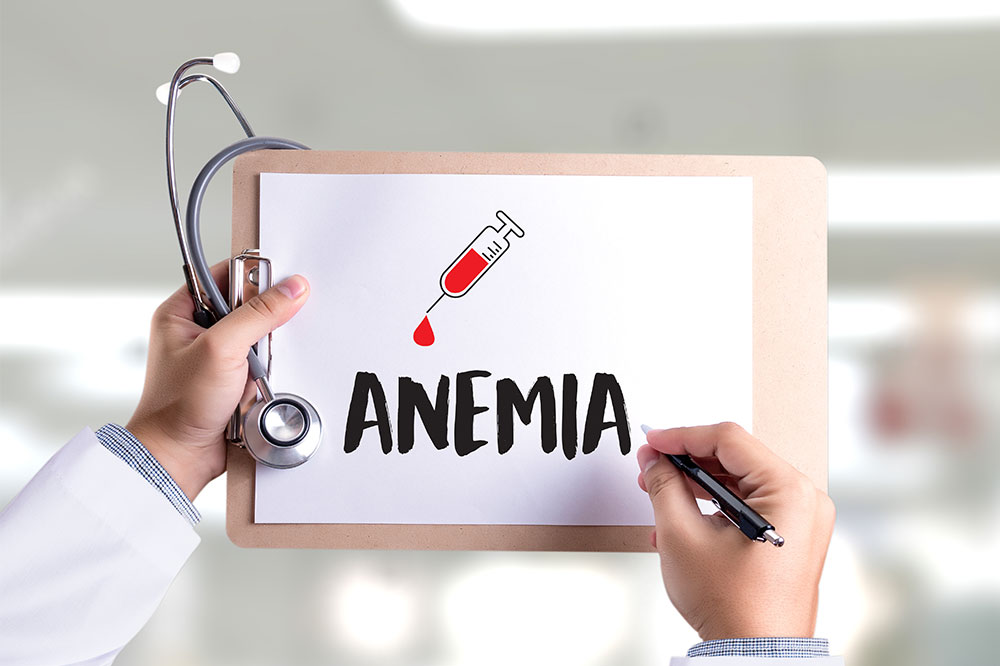Understanding Anemia in Expectant Mothers: Essential Insights
This article offers essential insights into anemia during pregnancy, covering causes, symptoms, risks, and preventive measures. It emphasizes early detection, proper nutrition, and medical consultation to ensure maternal and fetal health. Recognizing anemia signs and understanding treatment options can help expecting mothers maintain a healthy pregnancy and avoid complications.

Understanding Anemia in Expectant Mothers: Essential Insights
Anemia, often associated with iron deficiency, is a common condition affecting many pregnant women worldwide. According to research in the United States, over half of women expecting children experience anemia during pregnancy.
This condition can impact both maternal health and fetal development, potentially leading to issues like low birth weight and premature delivery. The main types of anemia during pregnancy include iron-deficiency anemia, vitamin B12 deficiency anemia, and float-deficiency anemia among others. Recognizing and managing anemia is crucial for ensuring a healthy pregnancy.
Causes, Risks, and Effects of Anemia in Pregnancy
Learn about the causes, symptoms, risks, and treatments related to anemia during pregnancy. Anemia occurs when blood lacks sufficient red blood cells, reducing oxygen delivery throughout the body. Pregnant women are especially vulnerable due to increased blood volume needed to support fetal development, making proper diagnosis and treatment imperative.
What is Anemia?
Anemia is characterized by a deficiency in healthy blood cells or hemoglobin, impairing oxygen transport in the body. For pregnant women, this condition can hinder nutrient flow to the fetus and increase health risks. Early detection and treatment are vital for maintaining both maternal and fetal well-being.
Why Does Anemia Occur During Pregnancy?
Pregnancy increases the demand for red blood cells to nourish the growing fetus. When the body cannot produce enough hemoglobin, anemia develops. Common causes include vitamin B12 deficiency and inadequate iron intake. These deficiencies prevent proper formation of red blood cells, heightening health risks.
Signs and Symptoms of Anemia in Pregnant Women
Early stages may be symptom-free, but advancing anemia can present symptoms like weakness, fatigue, dizziness, shortness of breath, rapid heartbeat, chest pain, pale skin, cold extremities, and difficulty concentrating. Recognizing these signs ensures timely medical intervention.
Prevention and Treatment Strategies
Addressing anemia promptly safeguards mother and baby. Proper diagnosis through regular blood tests allows early treatment. Strategies include maintaining a diet rich in iron and vitamin C to facilitate absorption, avoiding excessive tea or coffee, and consulting healthcare providers before taking medications. In cases of bleeding, medical procedures may be necessary.
Note:
Our articles aim to provide helpful health information based on research and expert insights. However, readers should consult healthcare professionals for personalized advice. The website does not accept responsibility for variations or inaccuracies across sources. Stay updated and always seek professional guidance for health concerns.










